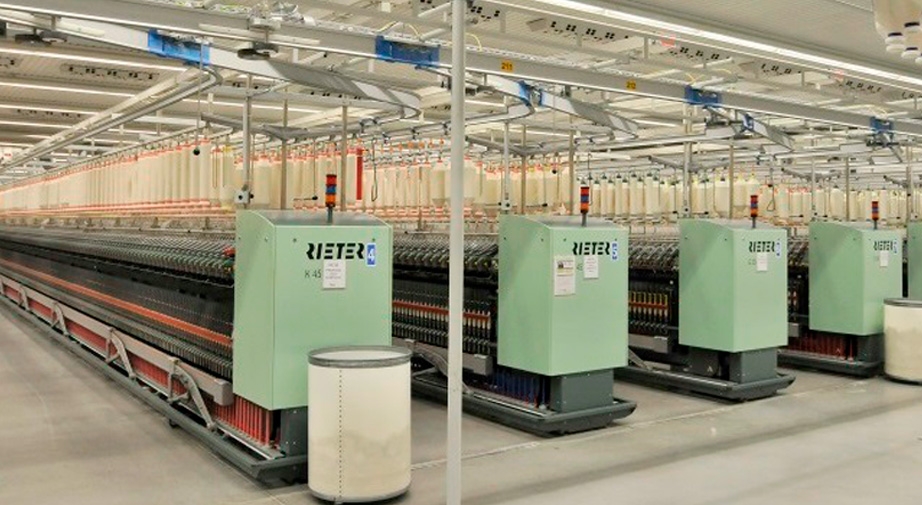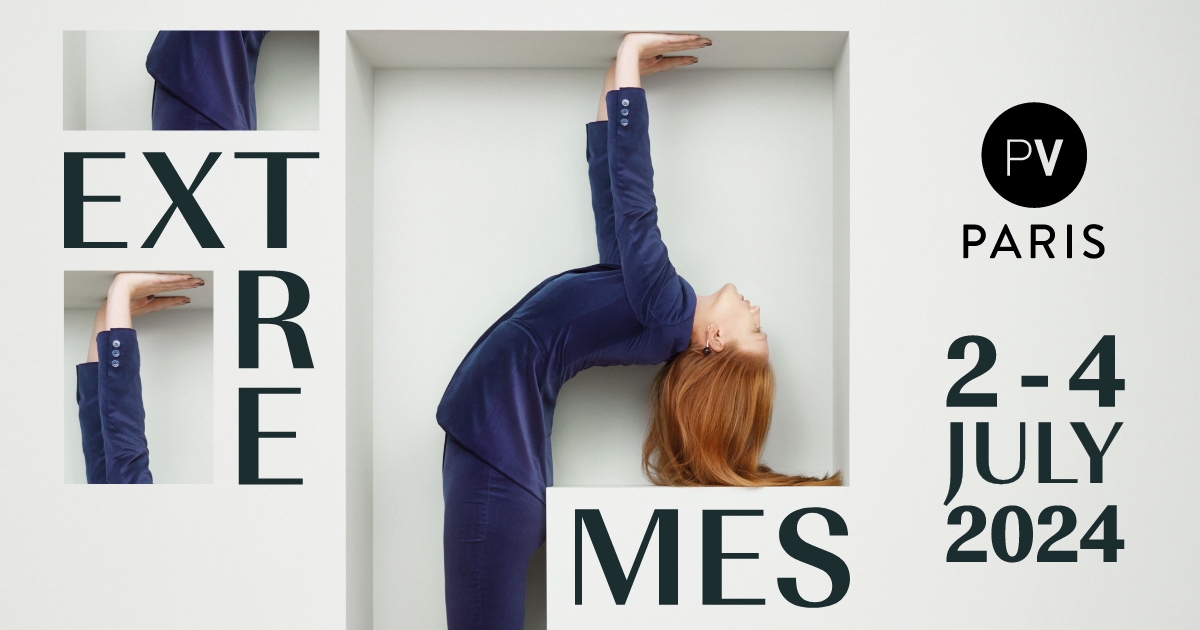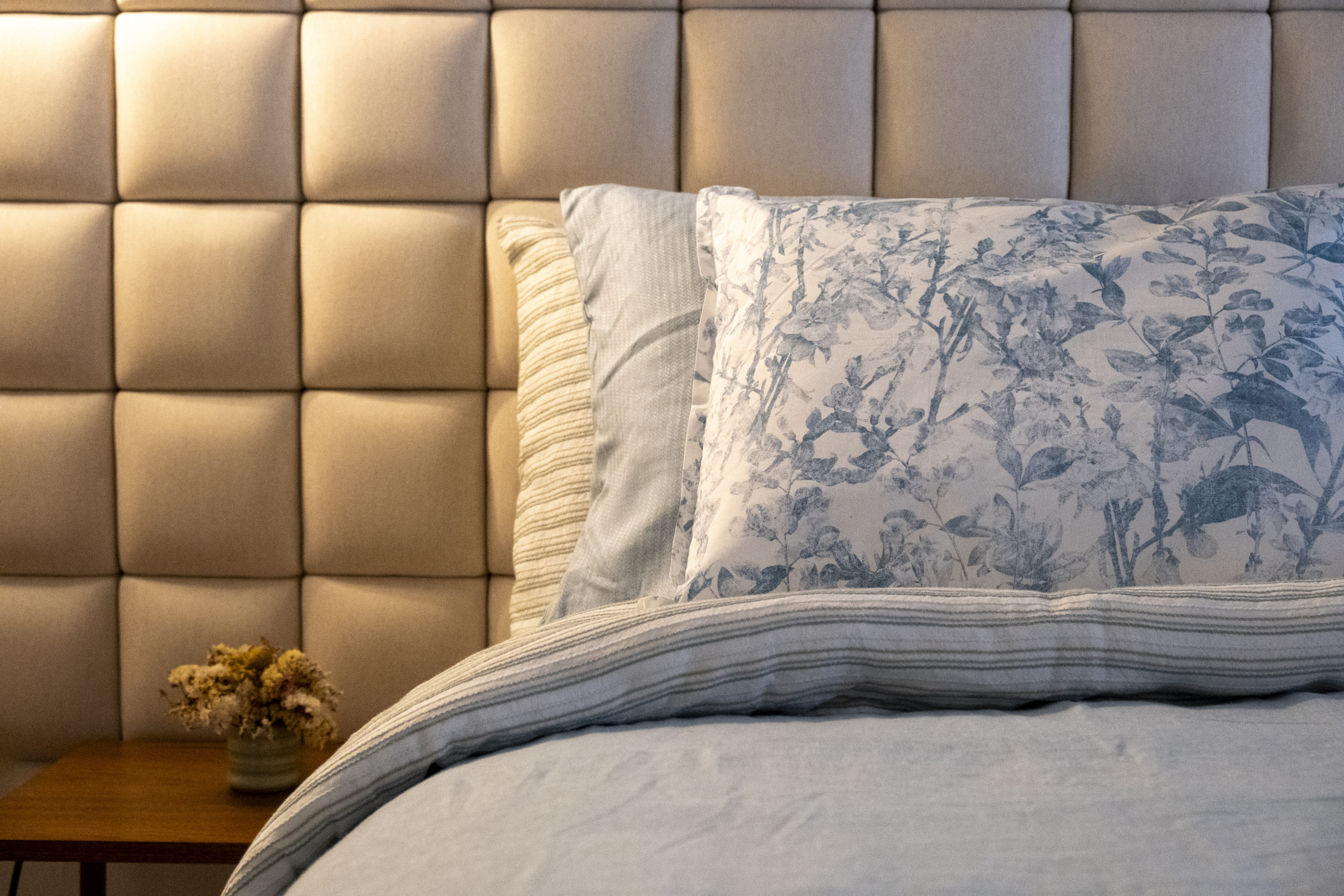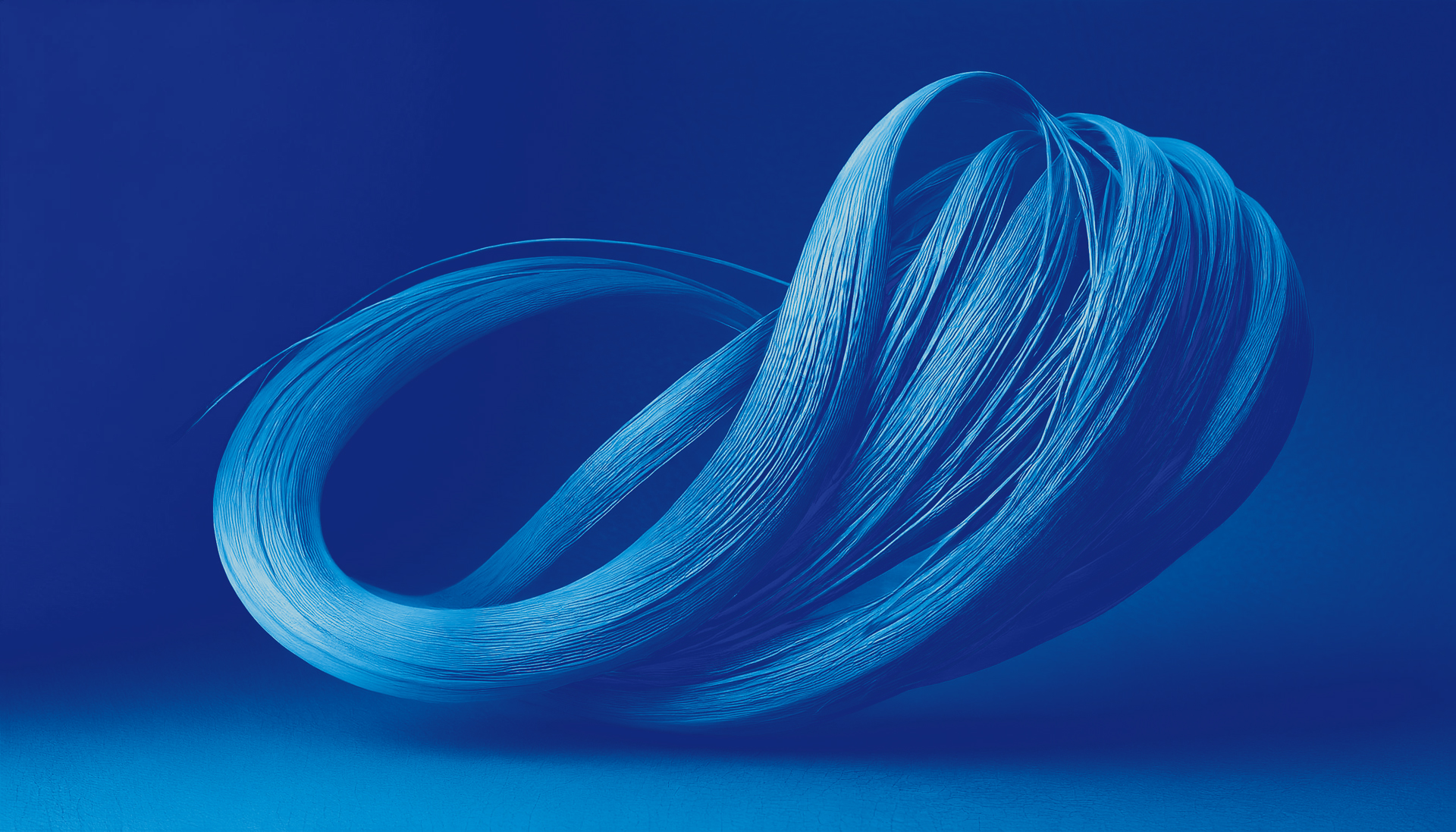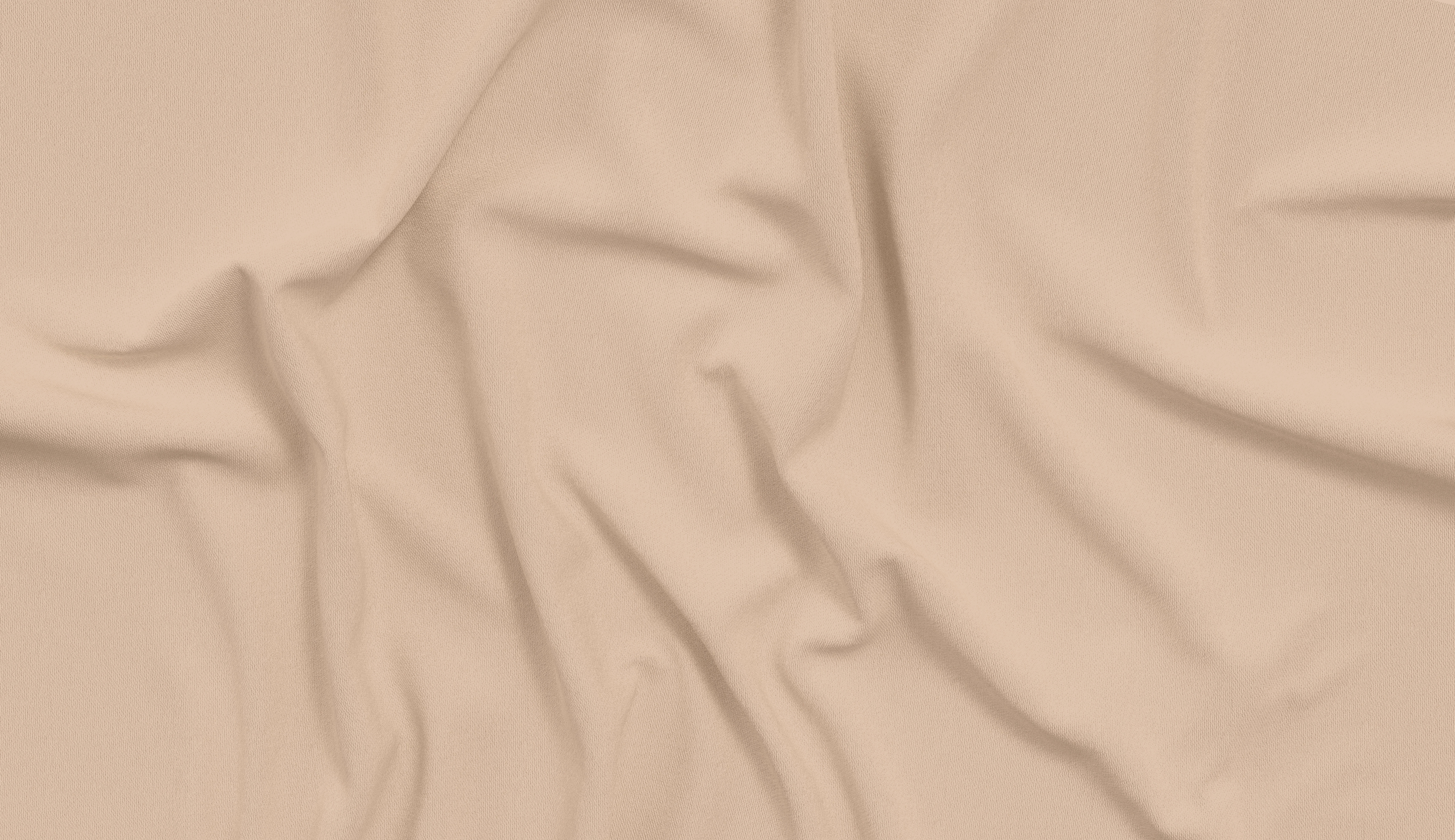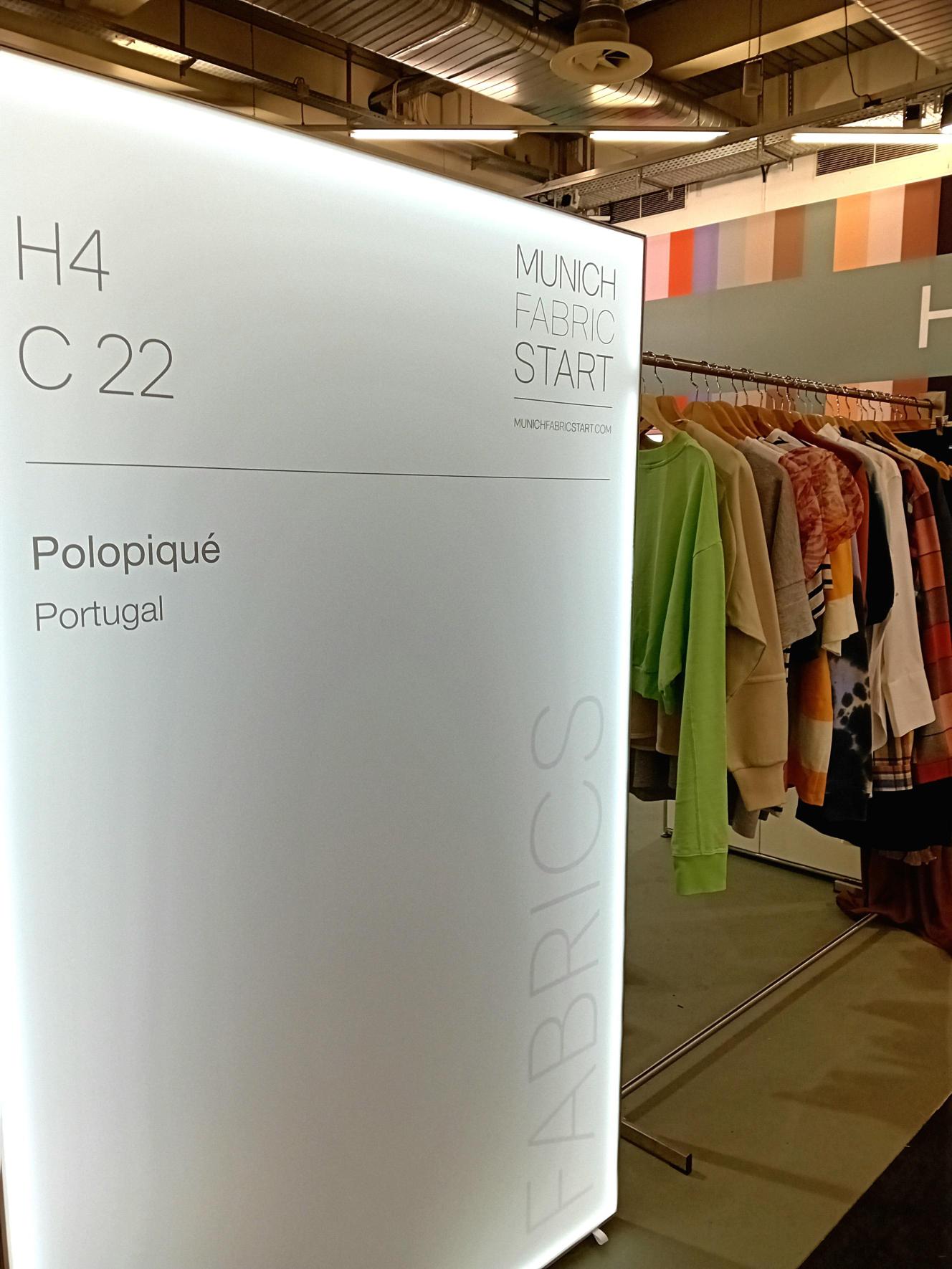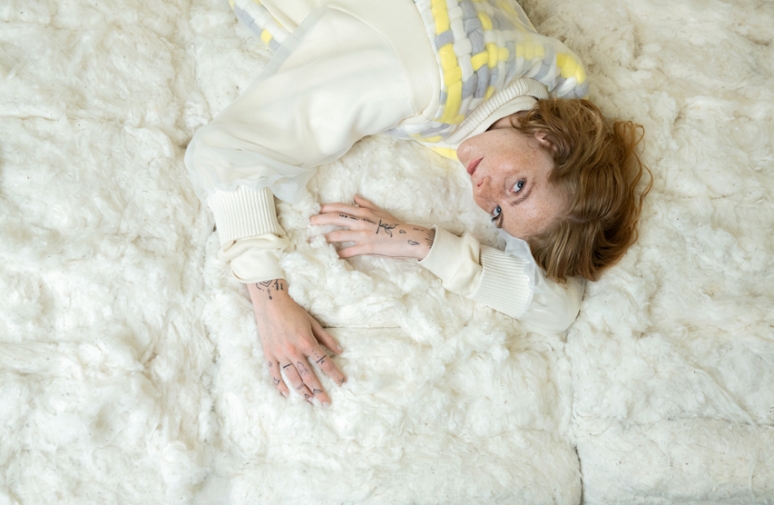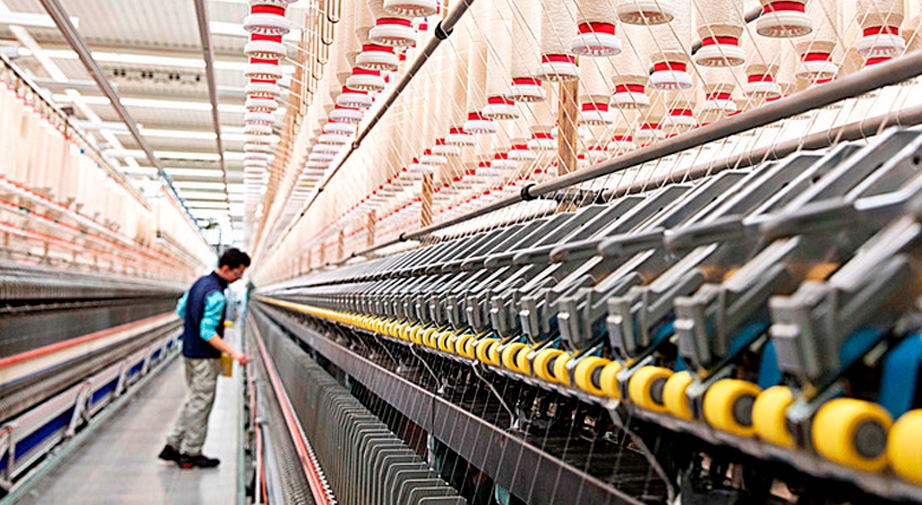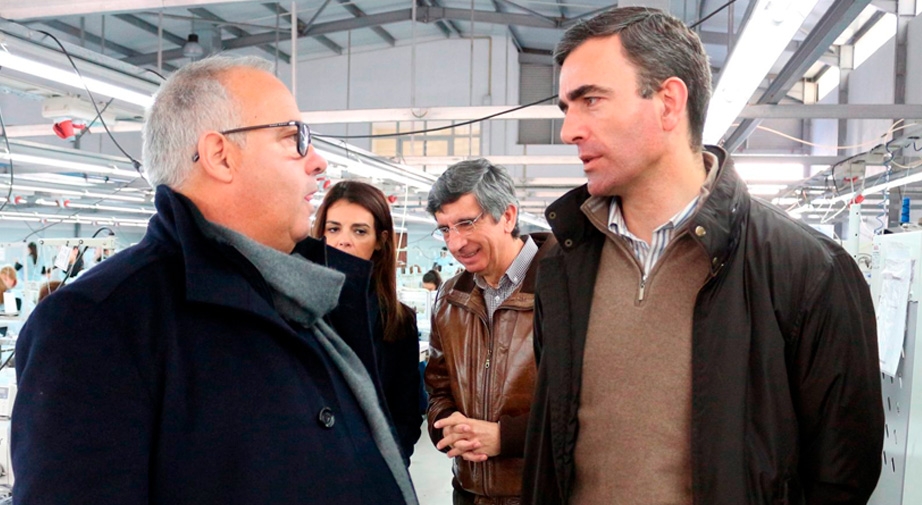Luís Guimarães, the Polopiqué Group is not very well known, but it deserves to be more, given the size it has achieved in these 19 years of existence, don’t you think? I don’t think so. I think the path we have taken so far, if we continue it, is fine. Being known is not always a good thing.
I say this because we don’t have many vertically integrated textile groups. That is, from yarn to distribution, the Polopique group covers all phases of the production process, employs 800 people, and indirectly provides jobs for 2000 people. So, this is already a very serious thing, with a production above 100 million euros. Tell us a bit about the evolution of this group of companies.
This group of companies was born a bit at a time when everyone wanted to abandon the textile industry. I came from a family connected to the textile industry and exporting… From Santo Tirso. From Vizela. Caldas de Vizela.
Anyway, I left [the business] in 1995. In 1996, I decided to set up my own company, which was Polopiqué, along with my wife. We always believed in exports, and from the beginning, we were exporters to the whole Europe.
So, from the beginning, you realized that the domestic market was too small. Certainly. We are very small. We are 10 million people, five or six million consumers.
And you positioned yourselves for exports from the very beginning. Always for exports.
What specific idea of export was that? Was it to Spain, to other European countries, to other countries? No. In the beginning, it was almost like doing prospecting: where could we fit in? And we went on like this for four years.
Until the beginning of the millennium, right? Yes. Until the beginning of the millennium, exactly. Until I had the perfect realization that, the way the world was evolving and the way the industry was evolving globally, we had to position ourselves with the major retailers. And that’s what I did. So, knowing them for many years, working with them since the 1980s…
Them? Them, the Inditex Group.
No more, no less than Zara, as the commercial brand is known today, present in 88 countries, right? Yes, on all five continents, to be precise.
With more than 6000 points of sale. Almost 6000. I think this year they will surpass 6000. So, I’m connected to this group because I’ve known them for a long time, working with them since the 1980s, when we started working with them, still in the family business, with my parents. Then, when I set up the company in 1996, I also started working with them, and in 2000, I felt that I should invest in a large distribution group, which was the direction the world was heading. And if we look today, we have half a dozen major global brands, where the Inditex Group – a.k.a. Zara – is known and is positioned in the first place. There are others we have also worked with, like H&M or Gap. But indeed, Inditex, because of the proximity we had, the quality of services that Portugal offered, our product quality, and the knowledge I already had…
And the personal trust that existed too, right? And also personal trust that already existed. That was the path I found most suitable.
But Polopique has a very important role because it is the second-largest supplier to Inditex worldwide. It’s a relationship that has grown over the years, and I always understood well – through the friendship we had, even with some company directors – what we talked about regarding their need to have a just-in-time partner. And I adapted: myself, the companies, and everything else. Reaching these numbers, as they say – because, quite honestly, I don’t know if it’s true or false, but they say so – is great to know.
From what you’re telling me, reliability in production and supply times and quality are essential factors to succeed in this business. Extremely important. And that can only be achieved if people have that perception: that time – and unfortunately, this still lingers in the minds of many Portuguese entrepreneurs – the time of “this has to be done but we need more time for this or more time for that” is over. That doesn’t make sense. Today, a lady goes to a store every week to shop, and every week she wants to see different things. Well, this cannot be achieved with a production cycle.
Is that what Polopiqué seeks to do? A rapid rotation of fashion and adaptation to new trends and demand impulses? That’s what Polopiqué has done over the years, and that’s why it survived the entire crisis of the Portuguese textile industry. A crisis that I never believed in, because what I believed, was that there were no managers capable of motivating their employees so that we could bypass this crisis. And the proof is Polopiqué. I mean, we were born during the Ave Valley crisis, and we were born, grew, and today we are the group we are.
So, the secret is good management, good staff, and good remuneration for the company’s employees. That is fundamental.
To have a good capacity for response. We have to understand that no one works for free, and people need to be motivated to work. Incentivizing executives and employees is extremely important. Especially in an industry like textiles, because within the textile industry, there are sectors that are highly affected by national minimum wages. Unfortunately, we still haven’t had people who could notice that. And Polopiqué, in some way, has managed to bypass that by encouraging them with better salaries and other conditions.
The minimum wage in your company is 600 euros? At this moment, it is already above 600 euros. Very few people earn 600 euros. And, in addition, we provide other social benefits, such as health insurance – for employees and their dependents and spouses – life insurance, and we distribute a percentage of profits among all of them…
It’s a type of management that attracts, isn’t it? Yes, and that entices people and takes them out of the Unemployment Fund, and then they start saying that it’s worth working.
And can you measure the productivity gains you’ve achieved with this policy? I have. And I achieved it with a very simple phrase: I wouldn’t achieve anything without this. The company wouldn’t reach the level it has reached without this. It is very important to look at the faces of our employees and see them laughing every day. And we can only make them laugh if they feel part of the company, if they feel proud of the company they are in and where they work. And that is only possible by making them feel that they are indeed part of the company, that they collaborate, and that, in the end, they receive those [dividends].
So, this is an example of a textile industry that is far from that miserabilist idea we still have of the sector, with practices of child labor, etc. That has no future for you, right? No. And I don’t think it does. And I hope my presence here serves to put an end to that idea once and for all because, often, unfortunately, the media are also led to these big journalistic phrases that are not true, that don’t make sense.
Being connected to the Inditex Group, to Zara, does internationalization involve looking at Spain, basically, or other external markets? No. To other markets. In fact, we have our industry verticalized. In the area of clothing and manufacturing, we work with the Inditex Group – and I always refer to the Inditex Group because it has various brands, so various clients – but in another industrial activity, which is the production of fabrics, we sell to all five continents as well. Our products are distributed worldwide.
However, to be able to export 90 million euros out of the 106 million produced last year, you also have to import. Do you have to import a lot? Yes. Fibers, energy, and machinery. That’s it.
And is that a significant part of that value? It represents a bit. Not much, but still about 15% of that value.
For many companies, sometimes the costs of energy are as or more significant for setting the final prices than labor itself. Tell us about the investments in the energy sector. You even have a separate company for that, right? Yes, but that company is not the ultimate goal. It’s just to give you an idea and to understand what the energy bill we paid last year represents, which was 4.3 million euros. And it’s always increasing. So, to compensate for the employees and to continue providing them…
You need internal space. I need internal space, exactly. So, there was really the energy part. Portugal is one of the most expensive countries in the world, and that’s where the government needed to look at the industry differently. And that was one of the ways to reduce the energy bill.
The energy bill for companies. For companies. We are trying. We already have a plan, even budgeted, for the implementation of photovoltaic panels. Fortunately, now we can produce energy for ourselves, so that’s what we’re going to do with this implementation. With photovoltaic panels, as we have a very large installation area, we will take advantage of it…
And reduce costs. I hope so. At least there is that intention.
What are the prospects for the company in this and the coming years, and to what extent did you need financial support to support its expansion, namely, banks for financing, and treasury, to overcome this last less favorable phase where there was an economic contraction, etc.? It was important. Without a doubt, banks in the last two, three years have been important because the group made a very strong investment. We invested about 40 million euros in the last four years, and the banks played an important role, especially in supporting the treasury.
Does this mean that the company has its own capital for investment, which is also not the norm in the country? Which is also not the norm in the country. The company has been saving to face these investments. Of course, the banks also contributed somewhat, as is obvious, but very little, residual. And the treasury, yes. Because we import a lot of raw materials, especially fibers, which have a very long cycle. Just to give you an idea, we buy fibers with a cycle of eight, nine months. So, companies need treasury support to cope with these expenses.
Are the prospects good? We had a slight retraction in these last two years, also due to the investments we were making.
And at that time, there was a small strategic reaction. Yes. The peak reached 113 million euros, and now it’s at 106 million, last year. But that also has to do with our company in Brazil, which lowered its revenue a lot, for obvious reasons. But the future looks bright.
Do you expect to grow this year and the next? Yes. In fact, in the first quarter, we are already experiencing growth well above expectations.
Very well. Thank you, Luís Guimarães, for this interview.
